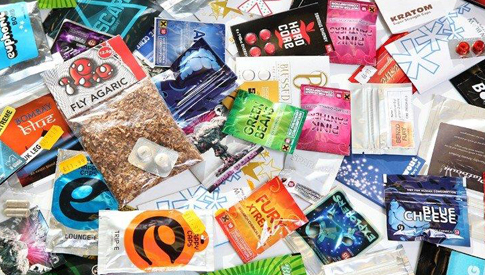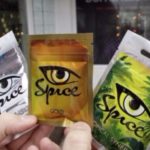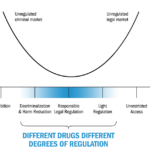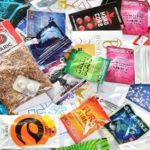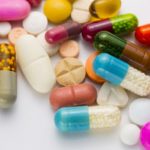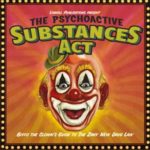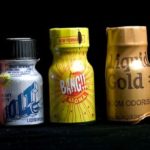From midnight tonight (25 May 2016), the Psychoactive Substances Act (see here for the full content) will come into force. Its purpose is a blanket ban on the so-called “legal highs” that circumvent existing lawny virtue of changing rapidly in order to escape specific classification and banning by existing law.
Some, though not necessarily all of these substances are indeed very nasty and harmful, such that anybody would be well-advised to give them a wide berth, but the act misses the point, indicates that parliament truly does not understand drugs or the culture in which they are taken, and has taken measures under successive governments that are entirely counterproductive and likely to produce a range of unforeseen – or at least ignored – consequences.
The perception at Westminster is that no government will ever win votes by being “soft on drugs” – which means governments typically do a three wise monkeys act and ignore their own experts (sacking people like the very eminent Professor David Nutt, for example) and ignoring evidence from around the world.
Flaws in the law effecting a blanket ban on all substances deemed “psychoactive”:
- Banning drives the trade underground and causes substances that are more lethally dangerous to be distributed. This was true during American prohibition and it’s still true now – lessons have not been learned by successive governments.
- The lack of definition of “harmful” and defining precisely the nature of the substances banned mean this legislation is unenforceable and may even result in the arrest of people carrying prescription drugs or those used for pain relief of chronic conditions on suspicion of supplying illegal drugs and with no account taken of circumstances.
- Ditto, it may result in the criminalisation of innocent drugs used for other purposes. For example, this article suggests laughing gas and poppers would become illegal!
- Evidence from around the world where mild marijuana has been legalised suggest the reverse of the gateway argument to be the case – that availability of milder substances prevents use of more dangerous ones. This law does not consider the potency or level of harm in any individual compound.
- Perversely, there may even be an element attracted to these drugs because they have become illegal. Government does not understand how or why people use these drugs, legislates first and asks questions later.
- Not even the police believe this will target suppliers and not end users – and suppliers in this field are known to be very slippery. End users are much easier to trace, so they will be who the police target.
- The manufacturers and distributors will move on and provide other substances, even beyond the clumsy wording of this law – and the likelihood is that they will want to increase their takings by building in a greater addiction component to make people come back for more.
- This law enforces the artificial distinction with harmful substances that are legal. The hypocrisy of declaring tobacco, alcohol and caffeine to be legal, regulated and taxable while banning substances that are frequently less harmful and often have valid medical uses (eg. the impact of cannabis to ease suffering for those with MS) means the law truly is an ass!
- Criminalisation has repeatedly failed compared to where drug issues are treated as a healthcare issue and help is available to wean users off drugs. Let me state this as a fact: if you want people to come forward and be educated about the impact of drugs, you don’t start by criminalising them.
It’s not just my view either. After I wrote this, I found this article in the Guardian which makes many of the same points. In all probability the impact will be counterproductive so parliament will have to reconsider and amend the legislation in due course, but frankly there is no excuse for not getting it right first time.

